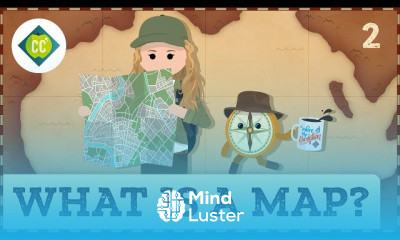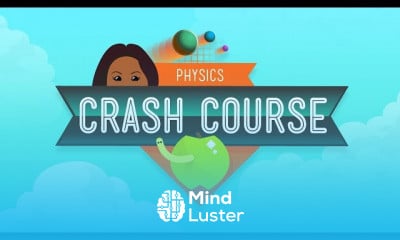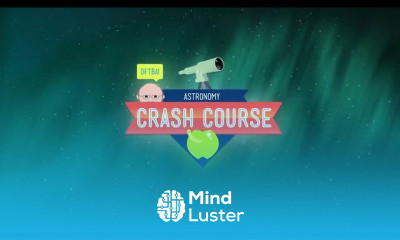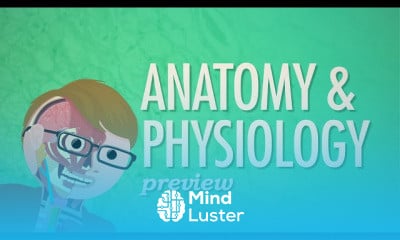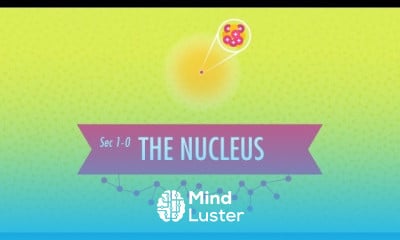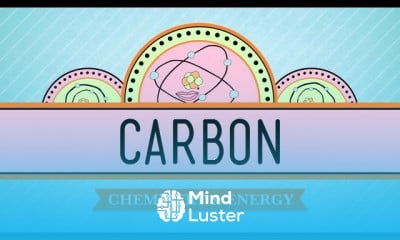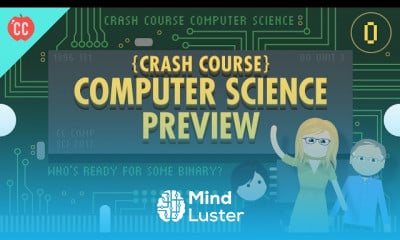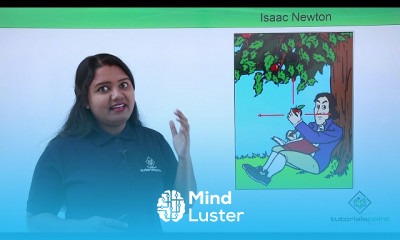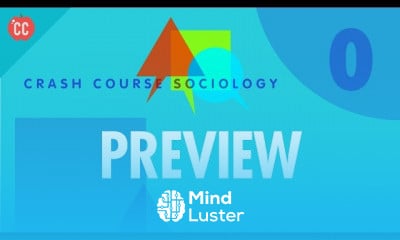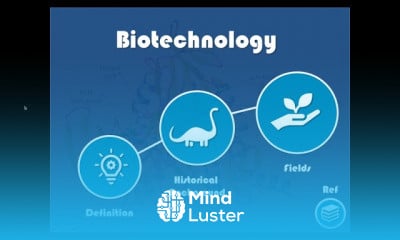Optical Instruments Crash Course Physics 41
Share your inquiries now with community members
Click Here
Sign up Now
Lessons List | 47
Lesson
Show More
Lessons
Comments
Related Courses in Science
Course Description
Mechanics. Motion and its causes; interactions between objects.
Thermodynamics. Heat and temperature.
Vibrations and Waves Phenomena. Specific types of repetitive motions- springs, pendulums, sound.
Optics. Light (including mirrors), lenses, colors.
Electromagnetism. ...
Relativity. ... 1 Classical mechanics.
2 Thermodynamics and statistical mechanics.
3 Electromagnetism and photonics.
4 Relativistic mechanics.
5 Quantum mechanics, atomic physics, and molecular physics.
6 Optics.
7 Condensed matter physics.
8 High-energy particle physics and nuclear physics. What is basic of physics?
Physics is a natural science that involves the study of matter and its motion through space and time, along with related concepts such as energy and force. Matter is generally considered to be anything that has mass and volume. ... These laws of nature are rules that all natural processes appear to follow. What are the 4 basic laws of physics?
The 4 most fundamental physics concepts
Classical mechanics (the laws of motion) If you've studied any sort of science, you've probably heard the story of Isaac Newton sitting under an apple tree and formulating the basic laws of motion. ...
Electromagnetism. ...
Relativity. ...
Thermodynamics. What are the 2 types of physics?
There are Two Main Branches of Physics, Classical Physics and Modern Physics Who named physics?
He wrote the first work which refers to that line of study as "Physics" – in the 4th century BCE, Aristotle founded the system known as Aristotelian physics. He attempted to explain ideas such as motion (and gravity) with the theory of four elements. What is the hardest branch of physics?
Top Ten Hardest Physics Topics
Quantum Mechanics. I love physics but to say some of it's laws are just too much hard. ...
Electromagnetism. ...
Projectile Motion. ...
String Theory. ...
Electronics. ...
General Relativity. ...
Relative Velocity. ...
Radiation. Can I study physics on my own?
You should really work out problems on your own. If you just watch videos online or read book chapters, you might be convinced that you understand the physics but from my experience it's a wrong feeling. Doing problem sets is the best (and only) way to really master the subject.
Trends
ChatGPT mobile for beginners
Python for beginners
Python IDEs for beginners
MS Excel
UX design career in 2025
Learning English Speaking
UX UI design
Content marketing for beginners
Python programming language
Speak english fluently with confidence
AI video editing for beginners
Human Resources Management
Elastic Collisions in Particle Physics
C Programming language basics For beginners
Marketing basics for beginners
Human Psychology
Network analysis Ankit goyal
French Pronunciation basics
Wireshark filters fundamentals
Daily conversational English
Recent
French words to pronounce
French holiday words
French Pronunciation basics
Advanced french listening
Intermediate french listening
French Listening for beginners
French Vocabulary for beginners
French reading
French reading comprehension
French speaking practice
French pronunciation
Innovative french culture
French reading exercises
Reading and writing dates in french
French grammar essentials
French reading practice for intermediate
French reading practice
French conversations
French words
Introducing Yourself in french




